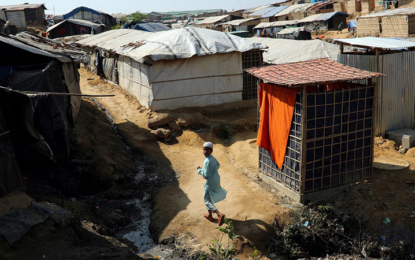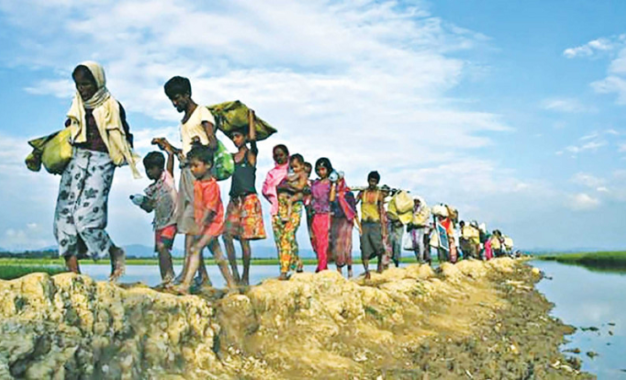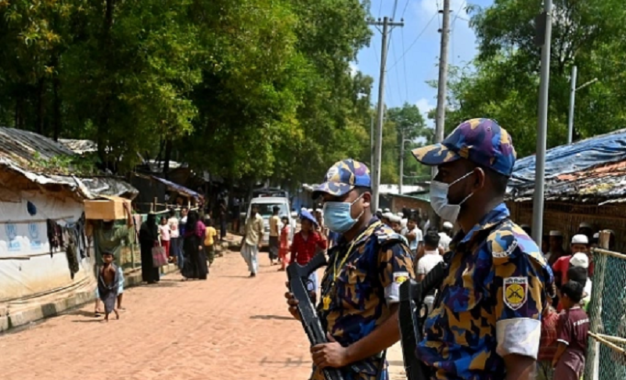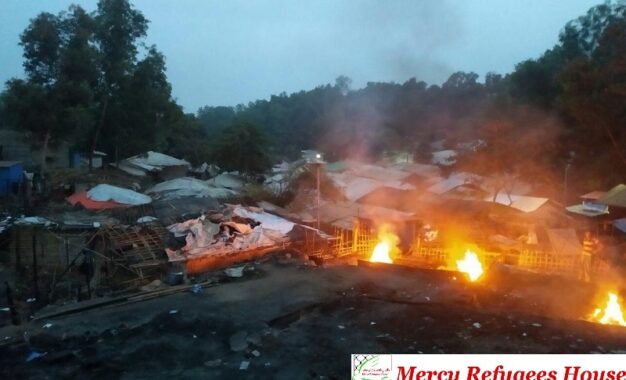Latest News
Bangladesh: COVID-19 response flaws put older Rohingya refugees in imminent danger
Reasearch, Refugees Issues, World

Older Rohingya refugees in overcrowded camps in Bangladesh are being left behind in the humanitarian response to COVID-19, which could have devastating consequences given the high risks older people everywhere face from this deadly pandemic, Amnesty International said today.
Bangladesh, together with the UN and other humanitarian partners, has made efforts to reduce the risk of COVID-19 spreading to the camps outside Cox’s Bazar, including a decision, as of 23 March, to increase COVID-19-specific assistance, stop large gatherings, and order preventative measures. But basic, accurate information about the illness and measures to prevent its spread is failing to reach many people in the camps, and especially older people, as the humanitarian response pays insufficient attention to their specific needs.
“At the best of times, humanitarian organizations struggle or fail to meet the specific needs of older people in refugee and displacement camps. Repeating this same mistake amid the COVID-19 pandemic puts older Rohingya women and men in imminent danger – with some of them not even receiving the most basic information about what is happening and how they can best stay safe,” said Matt Wells, Crisis Response Deputy Director – Thematic Issues at Amnesty International.
Amazon Sponsorship
Recent Posts
Jul 29, 2023
It has been close to six years since hundreds of thousands of Rohingya faced a deadly genocide by Myanmar’s military and fled the country in search of protection and refuge in neighbouring Bangladesh. The Rohingya population has been undergoing persecution, discrimination, arbitrary arrests, and atrocities in Myanmar for over seven decades. Their condition is alarmingly […]


















